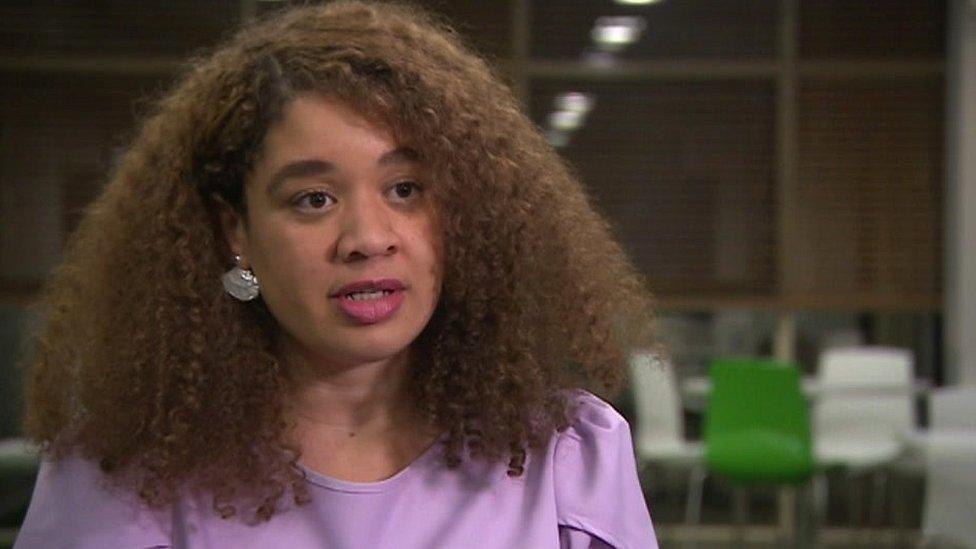University of Bristol professor's anger at Islamophobia claim
- Published
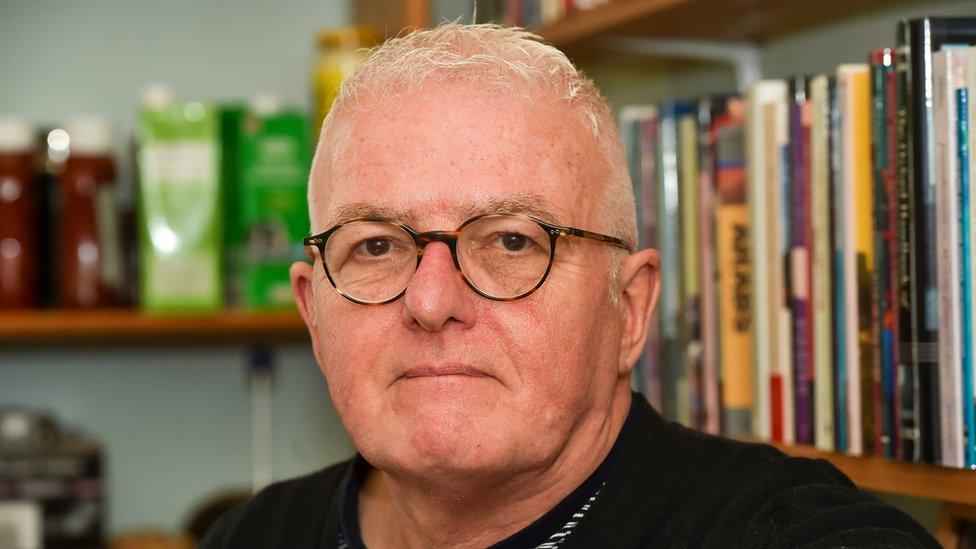
Professor Steven Greer said the episode had had a "colossal" impact on his mental health
A university professor falsely accused of Islamophobia said the experience had been "terrifying".
A student society complained about Professor Steven Greer when he worked at the University of Bristol.
In October 2021 the university said its investigation into a module, external taught by Prof Greer "found no evidence of Islamophobic speech".
It said it acknowledged the "regrettable impact" social media posts had had on him.
Prof Greer, an expert in criminal justice, human rights, law and counter-terrorism, said the university "mishandled" the case, and failed to punish the students involved.
A lecturer in the university's law school at the time, he told BBC Radio Four's Today Programme: "I'm not an Islamophobe - never have been, never will be."
He said the complaint from the University of Bristol Islamic Society (BRISOC) was a "potentially life-threatening campaign.. based on nothing but lies, distortion and misrepresentation".
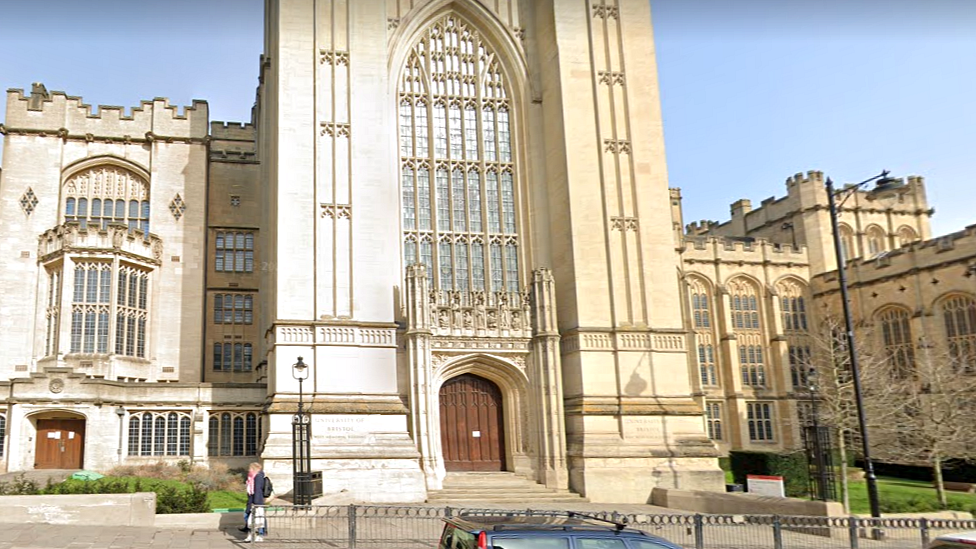
Bristol University said it had offered Prof Greer advice via its security team
The university, he claimed, failed to protect him by preventing or stopping the campaign, but "compounded the risk" to his personal safety by telling him that he was not allowed to publicise the fact he was eventually cleared.
Prof Greer, who has since left the university, said the module in question had been "scrapped" even though he was cleared of Islamophobia.
Charlie Hebdo debate
The episode began, Prof Greer said, when there was a discussion with students taking a human rights module about the massacre of cartoonists and journalists working for the French satirical magazine Charlie Hebdo, in Paris in 2015.
He said that as the academic literature on the course debated the "traditional death penalty for blasphemy" in Islam, that the attacks could be seen as "an example of freelancers taking it upon themselves to punish somebody by exacting the death penalty".
One student complained to the law school, said Prof Greer, and after an exchange of e-mails between him and the faculty, he said he would not use the Charlie Hebdo example again.
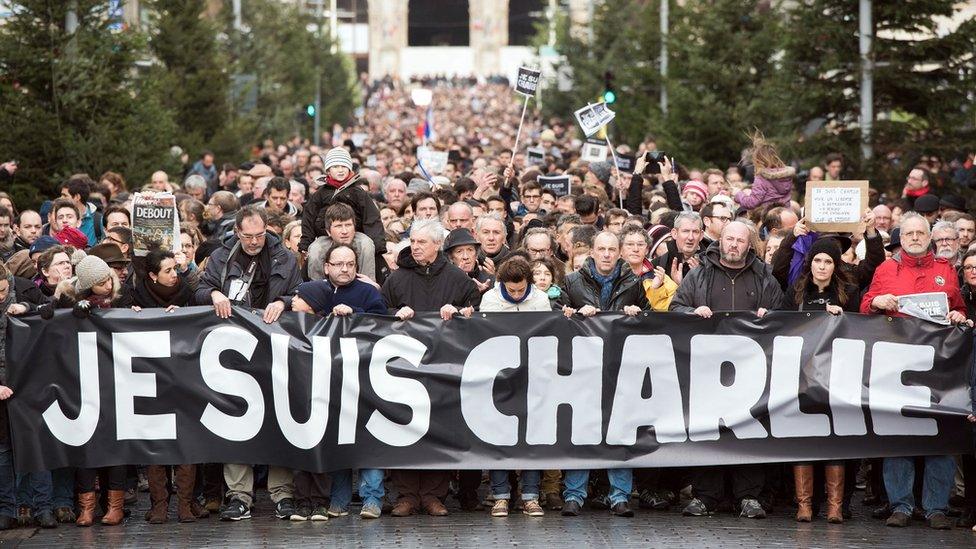
The 2015 Charlie Hebdo offices massacre sparked protests across France and the rest of the world
Prof Greer said he thought that had resolved the issue, but then a few months' later the BRISOC campaign began.
He said the campaign had a "colossal" impact on his mental health, and that of his family members.
"It was a terrifying experience. If you're accused of Islamophobia, your life is potentially put at risk - we know that without question.
"They accused me of laughing at the Quran for example, of mocking it in class.
"Since this scandal I have been appointed research director of the Oxford Institute for British Islam, a progressive Muslim thinktank and research academy.
"They would not have come anywhere near me if I mocked or made fun of the Quran."
Prof Greer said he had no problem with students' right to complain about their courses, but said his issue was how the University of Bristol "mishandled" the complaint.
"Universities should discipline students when they put staff at risk in this way," he said.
'Complaints must be investigated'
In its judgement, the University of Bristol said it acknowledged there had been a "regrettable impact" on Prof Greer, and that he had been the "target of abuse" after BRISOC released details of the complaint on social media.
The university denied, however, that the human rights module had been dropped from the course, saying although it had been changed, that the "fundamental structure and content" of the module remains.
Professor Evelyn Welch, Vice-Chancellor of the University of Bristol, said: "I fully understand Professor Greer's concerns, however we simply cannot dismiss a formal complaint from our students without investigating it fully.
"The complaint against Professor Greer was not upheld and we publicly announced this in October 2021, confirming we had found no evidence of Islamophobic speech within the module he taught on human rights or of any discrimination or harassment within the material.
"We also acknowledged the regrettable impact social media activity had on Professor Greer."
The university also said its police officer and security team had contacted Prof Greer directly to provide advice and support.

Follow BBC West on Facebook, external, Twitter, external and Instagram, external. Send your story ideas to: bristol@bbc.co.uk
Related topics
- Published30 January 2023
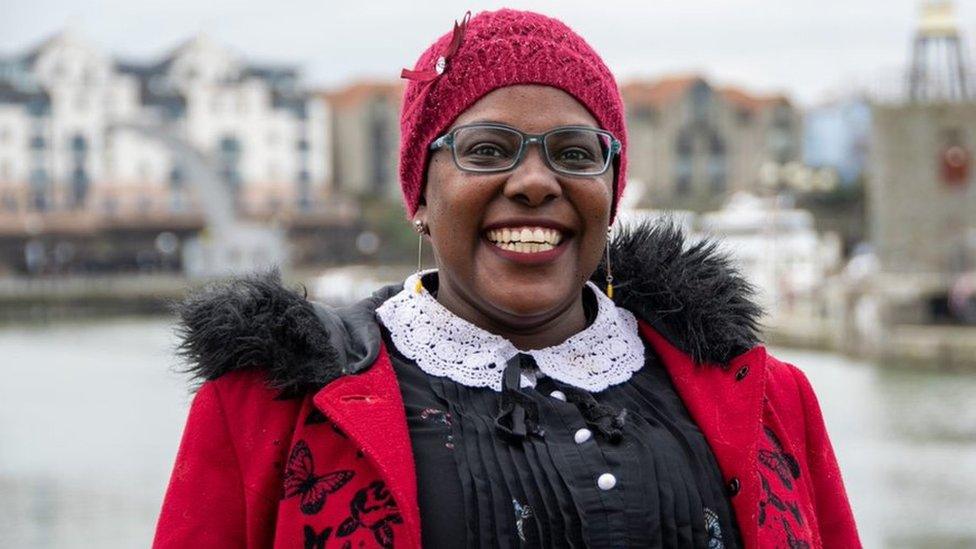
- Published22 November 2022
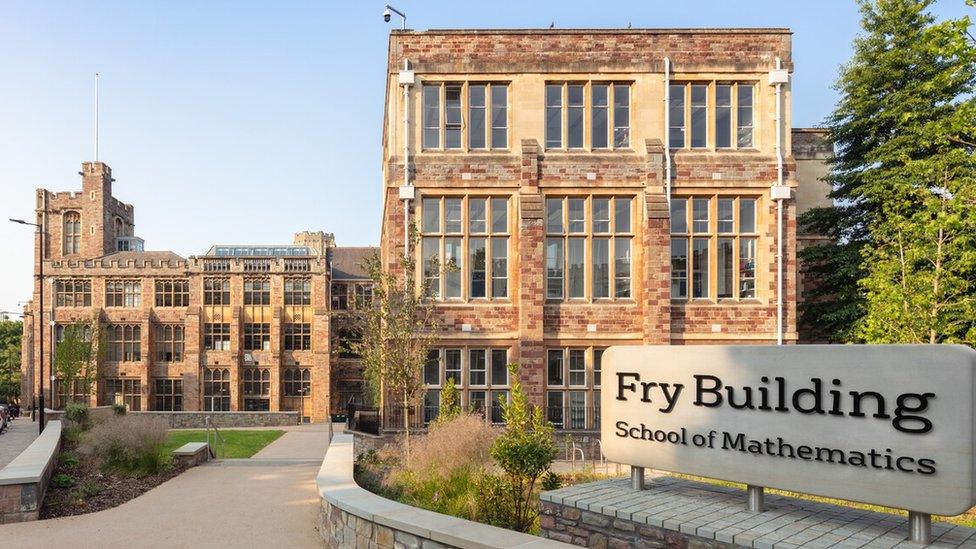
- Published20 May 2022
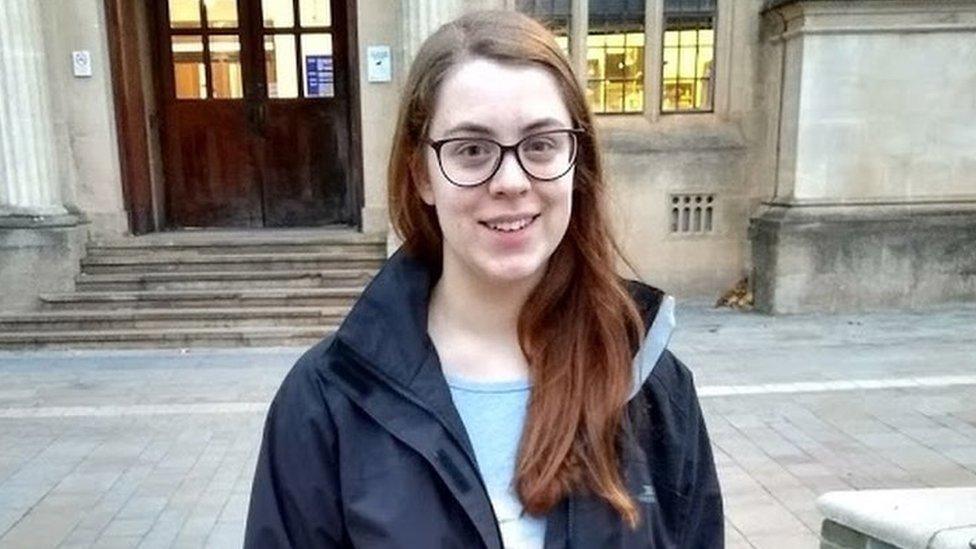
- Published21 April 2022
